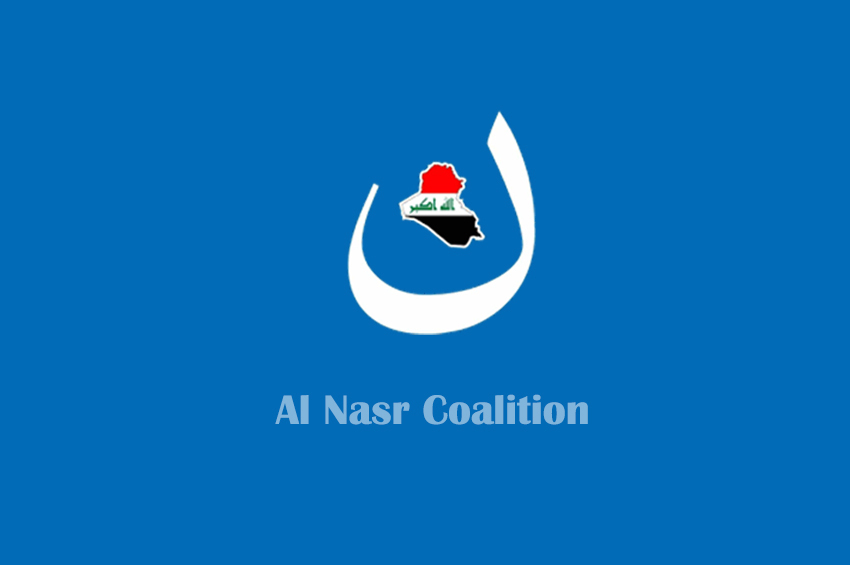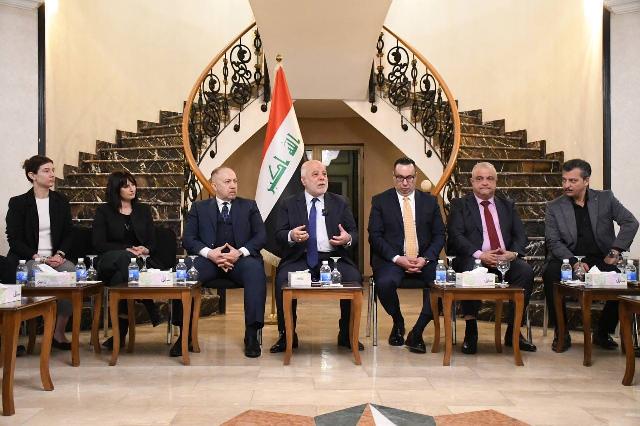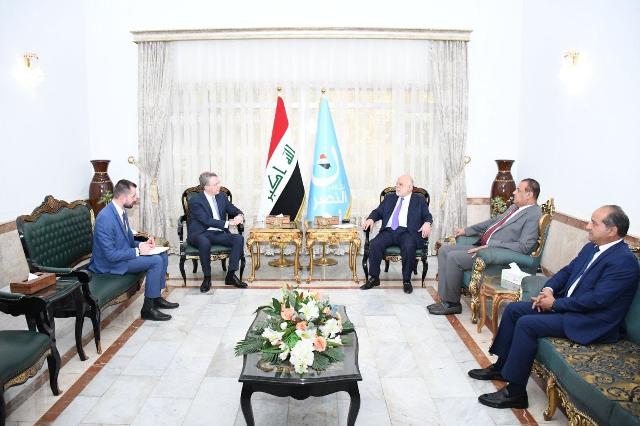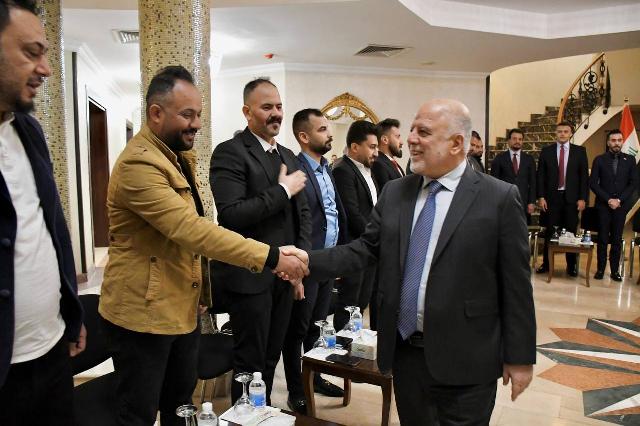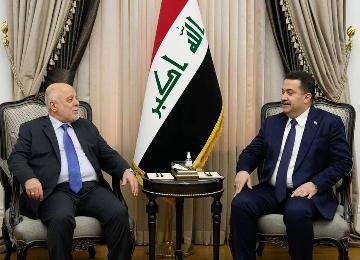According to the method of Effective Governance, Al Nasr, led by Abadi, aims to:
First: Completing the tasks of building the state of citizenship, not the state of components. A united state, not a political cantons state. The monopoly state of power, arms, and anti-chaos and lawlessness. The sovereign state, not the one that is subject to the foreigner, whoever it is. The servant state, not the served state.
Second: Imposing the state sovereignty and its constitutional and legal authority away from the clashing narrow political interests, and away from the political patronage that has obstructed the constitution and paralyzed the state’s action and sovereignty.
Third: Establishing an effective governance run by the government that guarantees controlling the state, its institutions, services, and functions, including fighting corruption, waste, and transgression of public money.
Fourth: developing the economic, financial, commercial, industrial, agricultural, and educational realities according to scientific and developmental foundations, is the essence of what we plan for and aspire to.
Based on our vision, we intend to implement what we planned for after we accomplished liberation and state unity. We planned to implement:
1-The National Development Plan 2018-2022, Iraq Vision 2030, and Poverty Reduction Strategy 2018-2022.
2-Increasing the production capacity of oil and gas, achieving self-sufficiency of oil derivatives, and increasing electricity production to 30,000 MW.
3-Mobilizing the domestic financial resources, applying the financial inclusion strategy, supporting the collective loan fund project, developing the capital market and debt instruments, and expanding microfinance.
4-Activating the 2030 industrial strategy, supporting strategic industries, establishing industrial parks and cities, legislative protection for the producer and the consumer, legislative and regulatory reform of the insurance sector.
5-Completing Al Faw Port, raising the capacity of ports and navigation lanes, modernizing the railway system and networking with neighboring countries, improving external transport routes, and implementing the integrated traffic control system.
6-A comprehensive reform to the educational process pillars, ensuring free education, adopting a national campaign to build 400 educational buildings and establishing university cities.
7-Gradual transition towards health insurance, and strengthening the role of primary health centers.
8-Building housing complexes for at least one million housing units within 4 years.
9-Securing the annual demand for water with an effective irrigation efficiency policy, and increasing the proportion of the agricultural sector’s contribution to GDP to 8%.
10-Reforming the ration card system, working with the Social Security Act, and establishing the Social Fund for Development.
11-Developing the investment environment, activating its institutions and Acts, supporting the private sector and creating partnerships with it to provide employment and economic advancement.


